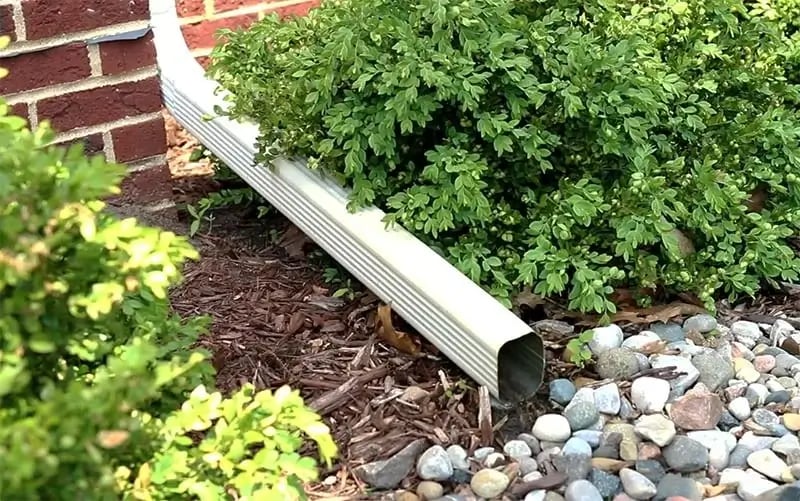
Poor drainage can cause damage to your home. When water is unable to properly drain, it can lead to flooding, leaks, foundational damage, yard damage and washouts, and more. A proper gutter drainage system will move the water away from your home and toward storm drain systems.
What Is a Quality Drainage System?
A quality drainage system keeps water away from your home and helps prevent damage from rain or snow. When water cannot flow away from your home, it causes damage. In the spring, damage can come from pooled water in your gutters or at the foundation after a rainstorm. In the winter, damage may look like ice dams or a sagging roof. Essentially, your home’s drainage system should prevent water from collecting anywhere near your home. If this isn’t happening, your system is working improperly, and you may need to make improvements.
Is My Gutter Drainage Improper?
Roof damage or leaks in areas that should be draining could be a sign that your gutters are not functioning correctly. You can look for damage on your siding, as well. If water consistently fails to drain properly, the siding of your home will likely show damage. Increased moisture can lead to wood rot in your siding, which will need to be replaced.
If you notice that soil is being washed away near your home, this could be a sign that your system is draining too close and too heavily in that area. Ground erosion can result in damage to your foundation by slowly weakening the soil that is keeping your foundation secure. Plus, it doesn’t look great if you’re trying to maintain landscaping around your home!
What Could Improve My System?
Maintenance is a large part of keeping your drainage system functioning properly. However, there are also elements that can be added to your gutters to improve their function.
Maintenance
The most important part of maintaining your gutters is to keep them clean. Regularly cleaning and inspecting your gutters can save you time and money in the long run. A clogged gutter can lead to extensive damage in any season. It’s important to clean your gutters at least two times a year: once in the fall and once in the spring. Cleaning before the rainy season and before snow will help protect your home from damage.
Extend Downspouts
If rain and runoff isn’t going far enough away from your home, it can infiltrate your basement or damage your foundation. Extending your downspouts is a great way to force water away from your home.
Install French Drains
A French drain is a gravel ditch with a pipe that moves water away from your home. French drains are a great solution if you have areas that pool with water or if your basement tends to be damp from rainwater. The drains reroute water to get it away from these higher-risk areas.
Add Landscape Plants
If you’re looking for a natural solution to your drainage issues, adding landscape plants around your home may be a good option. When you add the right plants to high-water areas, you create a rain garden. This is a cost-effective and natural option for managing your runoff that can also benefit local wildlife.
Install Gutter Guards
When your gutters are full of debris, they can’t drain properly. Installing gutter guards is a low-maintenance solution for keeping debris out. If climbing a ladder to clean your gutters isn’t a feasible option for you, gutter guards could be the best solution for your home.


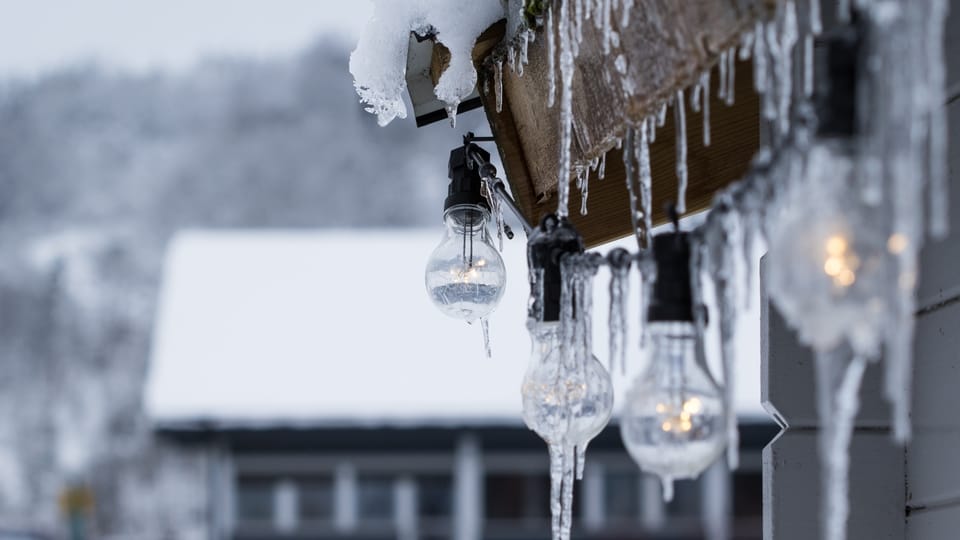
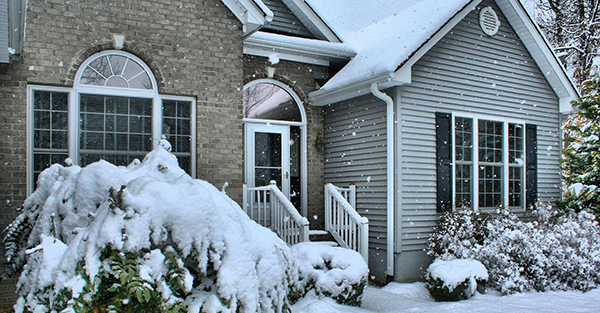
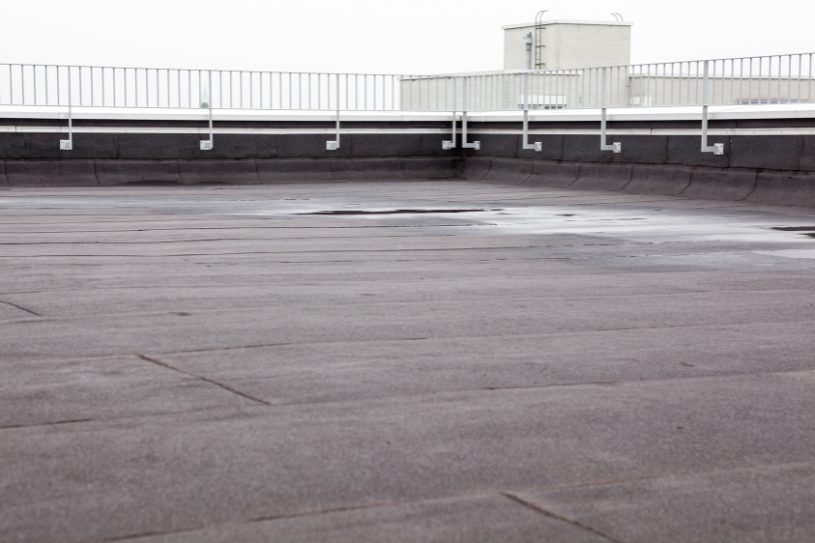
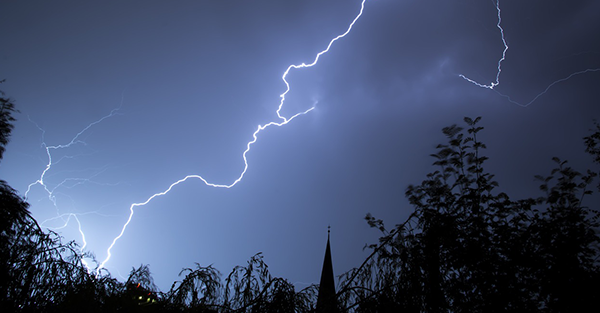

Comments